Maine Coon Cats: A Comprehensive Overview
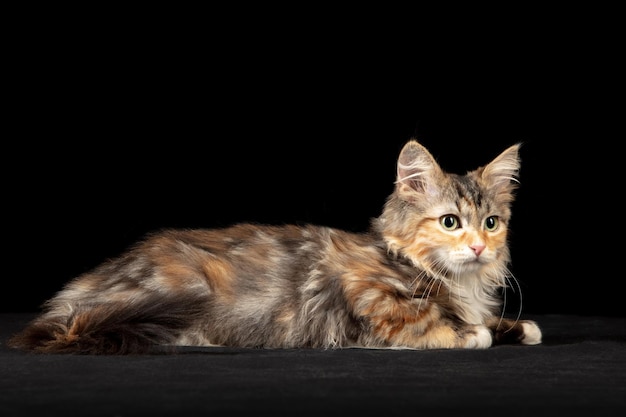
Maine Coons, often affectionately called "gentle giants," are captivating felines known for their striking appearance, gentle nature, and playful personalities. Their popularity continues to grow, but responsible ownership requires understanding their unique needs and characteristics. This comprehensive overview will delve into the essential aspects of Maine Coon cat care and ownership.
What are the defining physical characteristics of a Maine Coon cat?
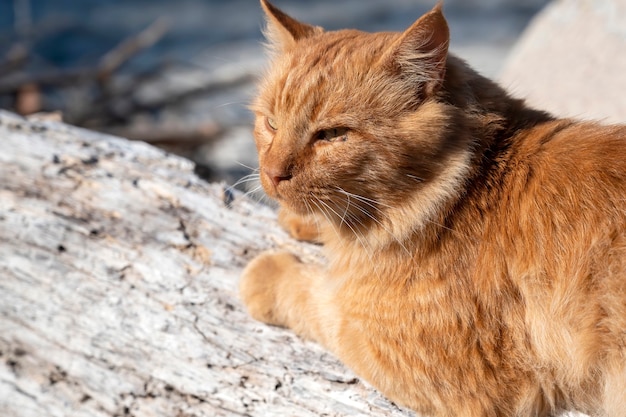
Maine Coons are easily distinguished by their impressive size. Males, in particular, can weigh between 15-25 pounds, though some even surpass this! This substantial size isn't their only defining feature. Their coat is incredibly dense and long, a thick, luxurious fur that is naturally water-resistant – a legacy from their harsh New England origins. This impressive coat often features a ruff around the neck, further enhancing their majestic appearance.
Adding to their unique charm are their large, tufted ears, which seem almost too big for their heads, and their equally impressive, tufted paws. These furry paws almost look like snowshoes, another adaptation to their cold-weather heritage. Their tails are exceptionally long and bushy, adding to their overall regal look. They come in a diverse range of colours and patterns, from classic tabby markings to solid colours and beautiful bicolours, offering something to suit everyone’s preferences.
| Feature | Description |
|---|---|
| Size | Large; males significantly larger than females, often exceeding 20 pounds |
| Coat | Long, thick, water-resistant; requires regular grooming |
| Ears | Large, tufted; contributes to their distinctive appearance |
| Tail | Long and bushy; acts as a counterbalance |
| Paws | Large, tufted; provides insulation and traction in snow |
What is the temperament and personality typically associated with Maine Coon cats?
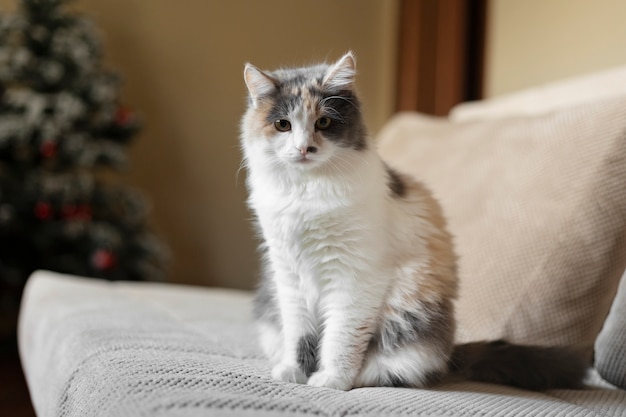
Maine Coons are justly famous for their gentle and friendly dispositions. They’re often described as remarkably tolerant and patient, making them excellent companions for families with children or other pets. Their playful nature is undeniable; they'll happily engage in interactive games, but they also have a cuddly side, enjoying quiet moments of affection with their human companions.
While generally laid-back and easygoing, individual personalities can vary. Some Maine Coons are more independent than others, preferring their own company at times. Their vocalizations tend to be soft chirps and meows, rather than loud yowls. This "talking" is part of their charming character, making them feel more like a conversation partner than just a pet.
Many owners describe their Maine Coons as intelligent and even dog-like in their loyalty and eagerness to please. Their trainability is often surprisingly high; they can learn tricks and commands with patience and positive reinforcement.
| Trait | Description |
|---|---|
| Temperament | Gentle, friendly, tolerant, and patient |
| Playfulness | Enjoy interactive play, but also appreciate quiet time |
| Vocalization | Soft chirps and meows; often described as "talkative" |
| Affection | Affectionate and cuddly, but can also be independent |
| Intelligence | Intelligent and relatively easy to train |
How much grooming does a Maine Coon cat require, and what tools are recommended?
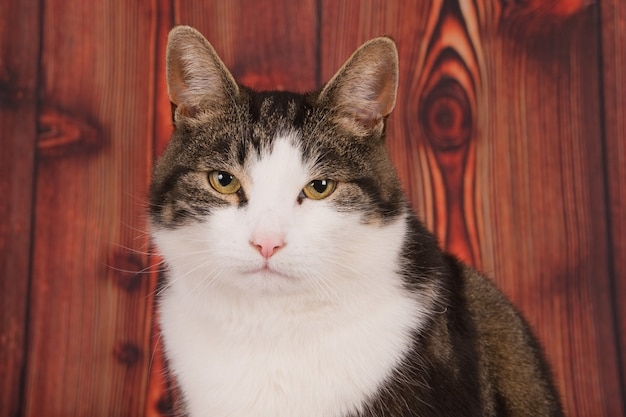
The magnificent coat of a Maine Coon requires a significant grooming commitment. Daily brushing is highly recommended to prevent matting and tangles, especially given the length and density of their fur. This is particularly important during shedding seasons (spring and autumn) when the amount of loose hair increases dramatically. Failing to brush regularly can lead to uncomfortable mats that are difficult to remove.
Essential grooming tools include a high-quality slicker brush to remove loose undercoat and dead hair, a wide-toothed comb to detangle any mats, and possibly a de-shedding tool for efficient removal of loose fur during shedding season. A metal comb can be helpful for removing mats, but use it gently to avoid hurting your cat. While bathing isn't typically required often, an occasional bath with a cat-specific shampoo may be necessary, particularly if your Maine Coon gets particularly dirty.
| Grooming Task | Frequency | Tools |
|---|---|---|
| Brushing | Daily, or at least several times a week | Slicker brush, wide-toothed comb, de-shedding tool |
| Bathing | Occasionally, as needed | Cat-specific shampoo |
| Nail trimming | As needed | Nail clippers |
| Ear cleaning | Occasionally, as needed | Cotton balls and ear cleaner (vet-recommended) |
What are the common health concerns associated with Maine Coon cats, and how can they be managed?
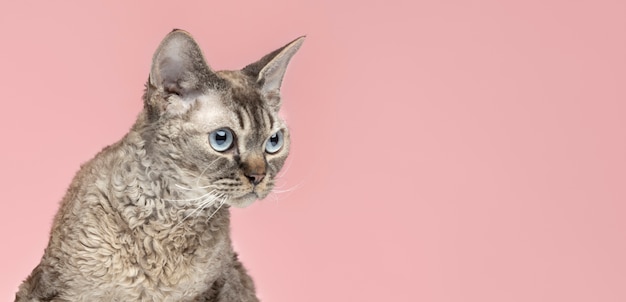
While generally healthy, Maine Coons are predisposed to certain health issues. Hypertrophic cardiomyopathy (HCM), a heart condition, is a significant concern. Regular veterinary check-ups, including echocardiograms, are vital for early detection. Hip and elbow dysplasia are also relatively common, often appearing as the cat ages. Responsible breeders screen for these conditions to minimize the risk.
Polycystic kidney disease (PKD) is another inherited condition that can affect Maine Coons. Genetic testing can help identify carriers and prevent the breeding of affected cats. Maintaining a healthy weight and providing a balanced diet can help mitigate the effects of these conditions. Early detection and veterinary intervention are crucial for managing these issues and improving the quality of life for your feline friend.
| Health Concern | Description | Management |
|---|---|---|
| HCM | Hypertrophic cardiomyopathy (heart muscle thickening) | Regular veterinary check-ups, echocardiograms, medication (if necessary) |
| Hip/Elbow Dysplasia | Joint disorder; can lead to pain and lameness | Weight management, joint supplements, veterinary care |
| PKD | Polycystic kidney disease; affects kidney function | Genetic testing, veterinary care, fluid management (if necessary) |
What is the average lifespan of a Maine Coon cat?
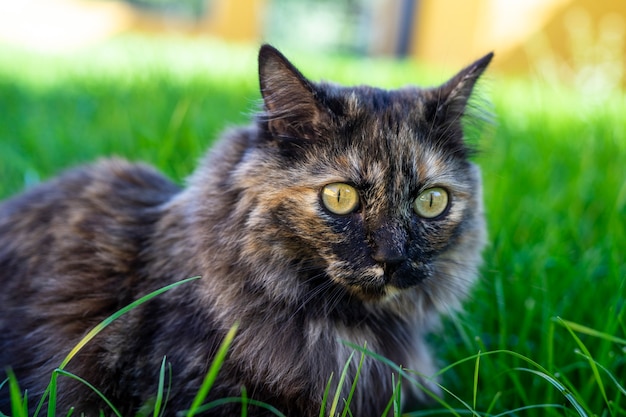
With proper care, a Maine Coon cat can enjoy a lifespan of 12-15 years, and some even live longer! Their longevity depends heavily on several factors, including their genetics, the quality of their diet, and the attentiveness of their veterinary care. A healthy diet, regular exercise, and a loving, stress-free environment all contribute to a longer and happier life for your Maine Coon companion.
| Factor | Impact on Lifespan |
|---|---|
| Genetics | Predisposition to certain breed-specific health issues |
| Diet | Nutrition plays a vital role in overall health and longevity |
| Veterinary Care | Early detection and treatment of health problems |
| Lifestyle | Exercise, enrichment, and a stress-free environment |
How much does a Maine Coon kitten typically cost, and what factors influence the price?
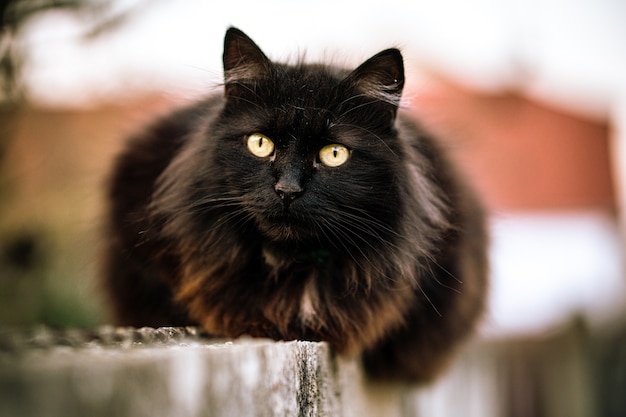
The cost of a Maine Coon kitten can range widely, typically from ??800 to ??2000 or more. Several factors influence the price, making it crucial to understand what you're paying for. Reputable breeders invest significantly in the health and well-being of their breeding cats, undertaking extensive health testing to minimize the risk of inherited conditions. This testing adds to the overall cost of the kitten.
The kitten's pedigree also impacts the price; those with exceptional lineage and show potential often command higher prices. The breeder's reputation is another key factor. Experienced breeders who prioritize ethical breeding practices and the health of their cats typically charge more than less experienced breeders.
| Factor | Impact on Price |
|---|---|
| Breeder's Reputation | Reputable breeders with ethical practices charge more |
| Pedigree | Show-quality kittens with exceptional lineage command higher prices |
| Health Testing | Cost of genetic and health screening is factored in |
| Location | Geographical location can slightly affect pricing |
What are the nutritional needs of a Maine Coon cat, and what type of diet is recommended?
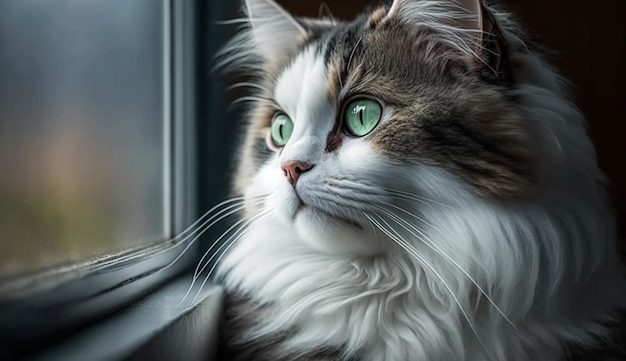
Given their large size and active lifestyle, Maine Coons require a high-quality, nutritionally balanced diet. They need a diet rich in protein, essential fatty acids, and vital vitamins and minerals to support their growth, maintain their muscular structure, and ensure their overall health. Choosing a premium commercial cat food formulated for large breeds or adult cats is generally recommended.
Avoid cheap, generic cat foods that often lack essential nutrients. Look for foods with named meat sources as the primary ingredients, rather than vague terms like “meat by-products.” Always ensure access to fresh, clean water. While occasional healthy treats are fine, avoid overfeeding, as obesity can lead to various health problems, exacerbating issues like hip and joint problems.
| Nutritional Need | Source |
|---|---|
| High-quality protein | Named meat sources (chicken, turkey, fish) in cat food |
| Essential fatty acids | Oils like fish oil or flaxseed oil; found in higher-quality cat foods |
| Vitamins and minerals | Balanced commercial cat food; supplements may be necessary if advised by a vet |
| Taurine | Essential amino acid found in meat-based cat foods |
Are Maine Coon cats suitable for first-time cat owners? What are the considerations?
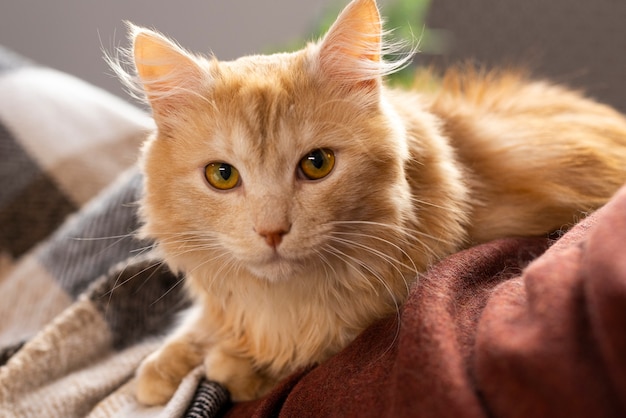
Maine Coons can be wonderful companions for first-time cat owners, but careful consideration is necessary. Their large size and grooming requirements are significant commitments. Daily brushing is essential, and their potential for breed-specific health issues requires budgeting for potential veterinary expenses. Understanding these aspects beforehand is crucial for responsible ownership.
While their gentle nature and trainability make them relatively easy to manage, their size means they need plenty of space. They are not a breed suited to small living spaces. Thorough research into the breed's characteristics, potential health problems, and the financial commitment involved is crucial before making the decision to welcome a Maine Coon into your home. A well-prepared owner will greatly increase the likelihood of a happy and healthy co-existence.
| Consideration | Details |
|---|---|
| Grooming | Daily or near-daily brushing is essential to prevent matting |
| Space | Requires ample space for play and movement |
| Cost | Higher initial cost of the kitten, ongoing food costs, and potential vet bills |
| Health | Awareness of breed-specific health concerns and the associated costs |
Where can I find a reputable Maine Coon breeder, and what questions should I ask them before purchasing a kitten?
Finding a responsible and reputable breeder is paramount to securing a healthy and well-adjusted kitten. Avoid buying from pet shops or online sellers who lack transparency and proper health screening. Look for breeders who are members of recognized cat registries (e.g., The Governing Council of the Cat Fancy (GCCF) in the UK), actively participate in breed clubs, and prioritize the well-being of their cats.
Before making a commitment, ask detailed questions about the parents' health history, including genetic testing results for breed-specific conditions. Inquire about the kittens' socialization, ensuring they've been handled and interacted with regularly. Request references and speak to previous buyers. A reputable breeder will be open, honest, and happy to answer all your questions, providing thorough information and supporting you throughout your kitten's life.
| Question | Why it's important |
|---|---|
| Health testing of parents? (HCM, PKD, etc.) | Minimises risk of inherited health problems; request specific test results |
| Socialization of kittens? | Ensures well-adjusted, confident, and friendly kitten |
| Breeding practices? | Understanding the breeder's ethical approach and commitment to breed health |
| References from previous buyers? | Verify the breeder's reputation and after-sales support |
| Health guarantee? | Provides assurance regarding the kitten's health and any potential issues |
Everyone is watching
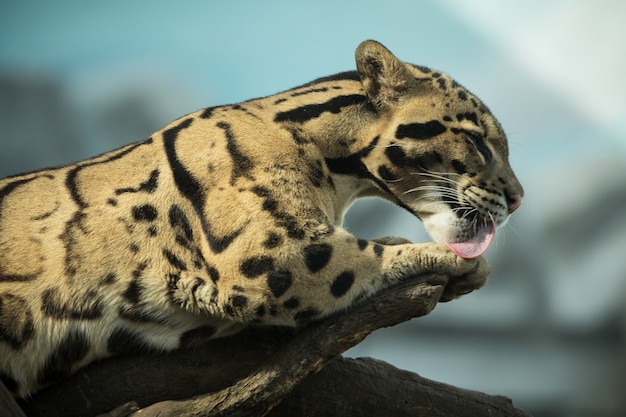
Savannah Cat Information
CATS & KITTENSSavannah Cat Information: A Comprehensive GuideSavannah cats, a captivating hybrid breed resulting from the crossbreeding of a domestic cat and a serv...
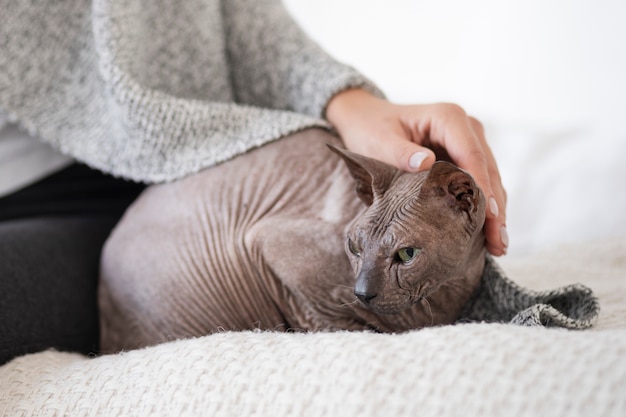
Sphynx Cat Breed Information
CATS & KITTENSSphynx Cat Breed InformationThe Sphynx cat, instantly recognizable for its lack of a traditional coat, is a captivating breed that charms owners with ...
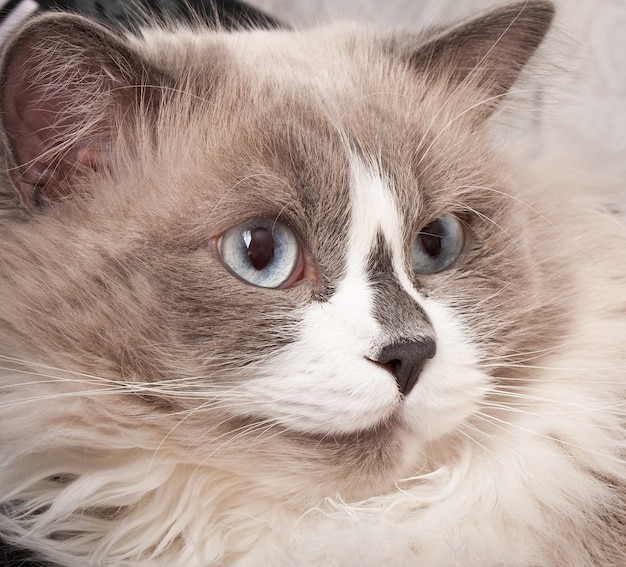
Munchkin Cat Breed Information
CATS & KITTENSMunchkin Cat Breed InformationThe Munchkin cat, instantly recognizable for its charmingly short legs, is a breed that captivates many with its unique ...
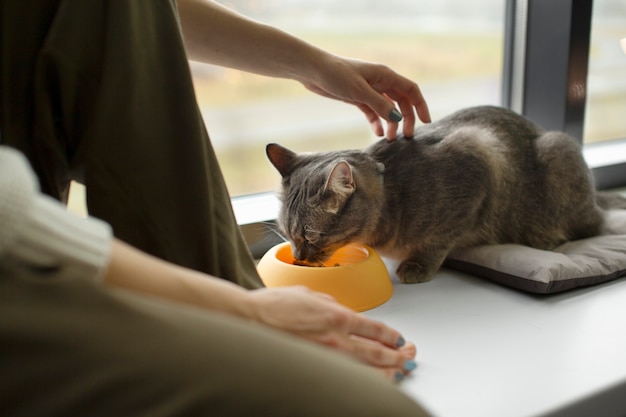
what do cats eat?
CATS & KITTENSThis comprehensive guide delves into the essential aspects of feline nutrition, providing vital information for cat owners seeking to ensure their pet...
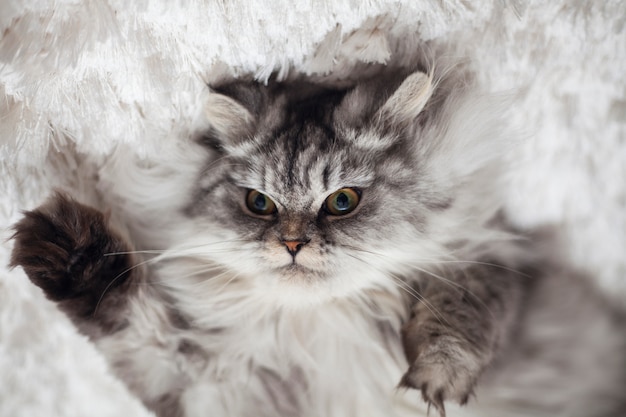
Persian Cat Characteristics and Temperament
CATS & KITTENSPersian Cat Characteristics and TemperamentPersian cats, with their captivatingly luxurious coats and serene demeanour, hold a special place in the he...
Latest articles
-

Sphynx Cat Breed Information
CATS & KITTENSSphynx Cat Breed InformationThe Sphynx cat, instantly recognizable for its lack of a traditional coat, is a captivating breed that charms owners with ...
-

Savannah Cat Information
CATS & KITTENSSavannah Cat Information: A Comprehensive GuideSavannah cats, a captivating hybrid breed resulting from the crossbreeding of a domestic cat and a serv...
-

Persian Cat Characteristics and Temperament
CATS & KITTENSPersian Cat Characteristics and TemperamentPersian cats, with their captivatingly luxurious coats and serene demeanour, hold a special place in the he...
-

Munchkin Cat Breed Information
CATS & KITTENSMunchkin Cat Breed InformationThe Munchkin cat, instantly recognizable for its charmingly short legs, is a breed that captivates many with its unique ...
-
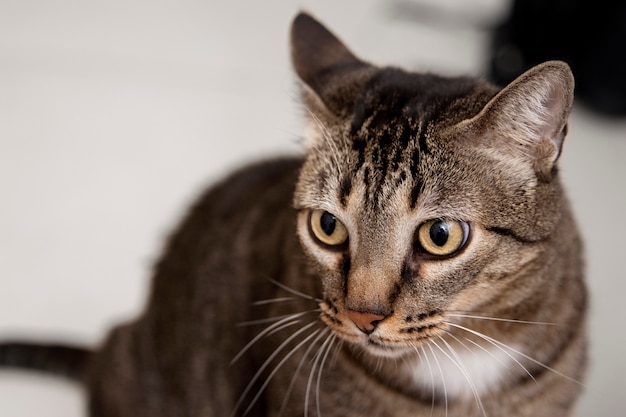
What are the Different Cat Breeds
CATS & KITTENSWhat are the different cat breeds?The world of feline breeds is incredibly diverse! Forget just tabby cats and ginger cats; there's a breathtaking ar...
